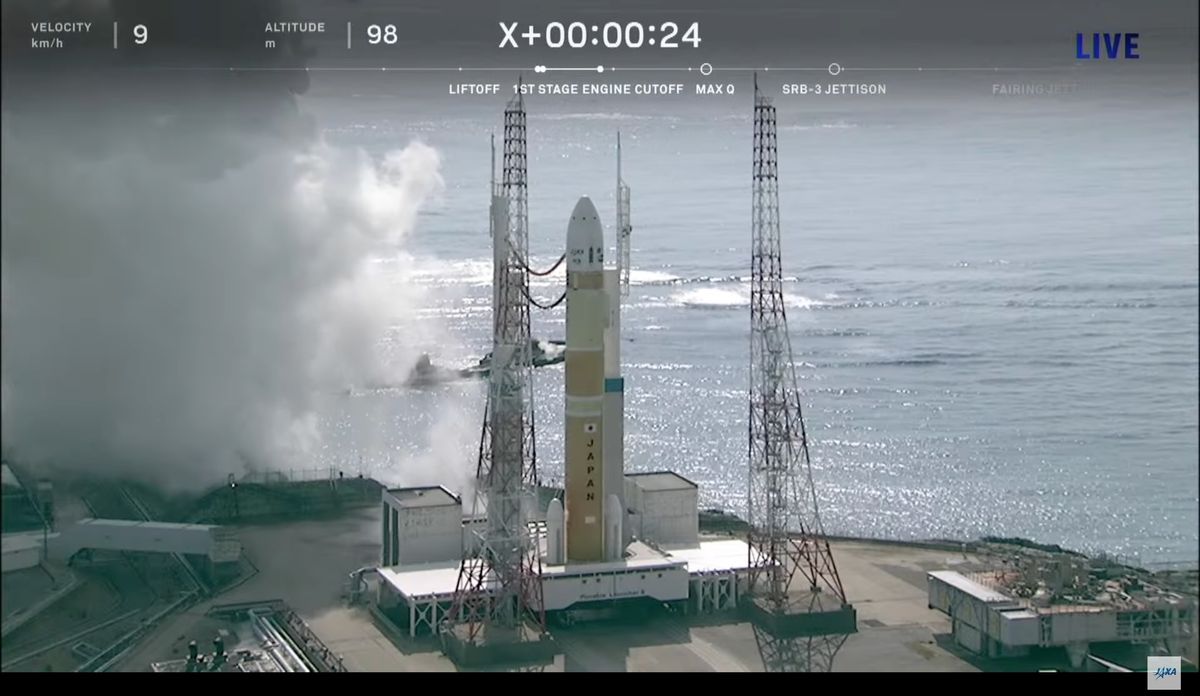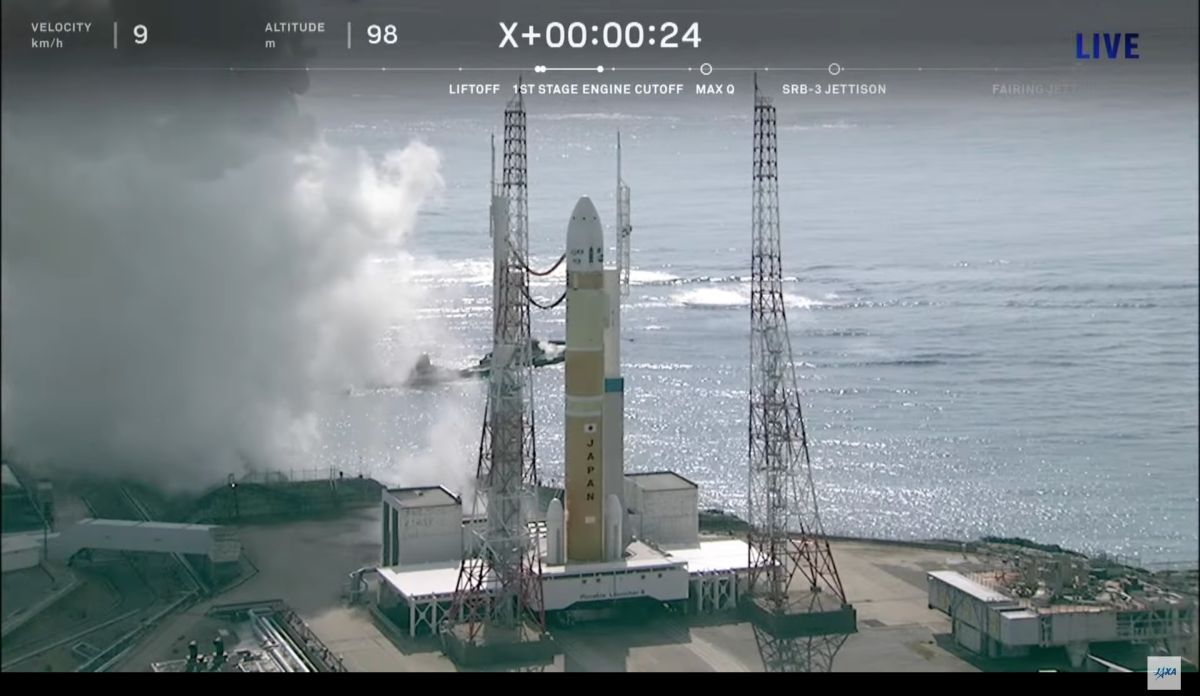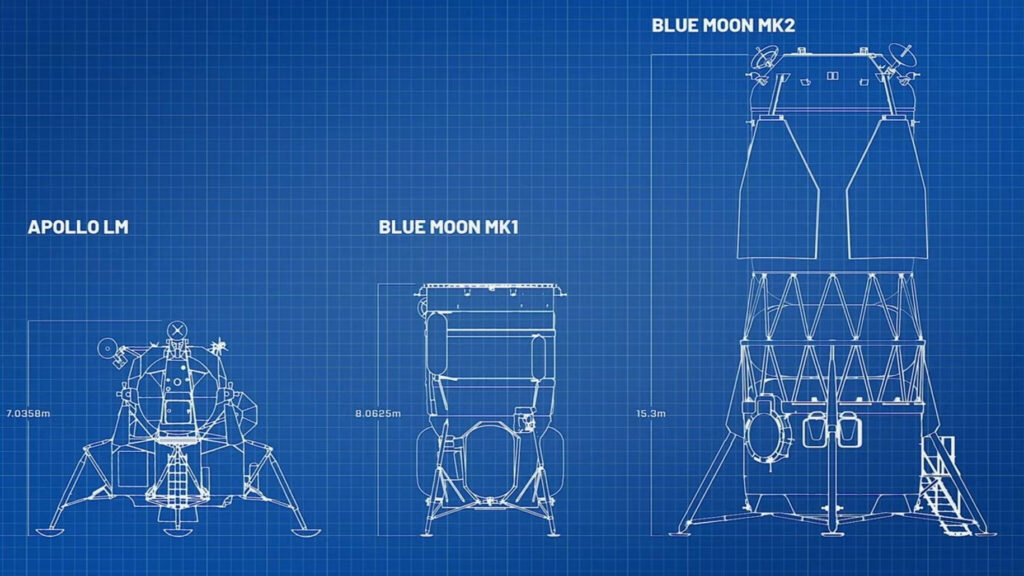
Japan’s space agency says it has identified the issue that caused the first launch of the H3 rocket to be aborted last week.
The first-ever attempt to launch the new H3 was aborted on Feb. 16, when an issue detected with the first stage meant the rocket’s two solid rocket boosters did not ignite as planned. The launcher was then rolled back to the assembly building while the cause was investigated.
The Japan Aerospace Exploration Agency (JAXA) has now announced that the cause of the abort was a fault with the electrical system supplying power to the two LE-9 engines that power the H3’s first stage. A control unit detected the anomaly and prevented commands being sent to ignite the rocket’s solid boosters.
Related: The history of rockets
The good news for JAXA is that neither the H3 rocket, its Advanced Land Observation Satellite (ALOS-3, or Daichi-3) payload, nor ground equipment were damaged during the aborted launch attempt.
Teams will now carry out further investigations in an attempt to launch the rocket before the end of the stipulated launch window on March 10, JAXA said in its statement (opens in new tab) on Feb. 22.
Related stories:
JAXA and its partner Mitsubishi Heavy Industries have been developing the expendable H3 rocket for a decade. It is designed to be cost-effective, reliable and flexible, according to JAXA, and will replace Japan’s older, workhorse H-IIA rocket.
Follow us on Twitter @Spacedotcom (opens in new tab) or Facebook (opens in new tab).



